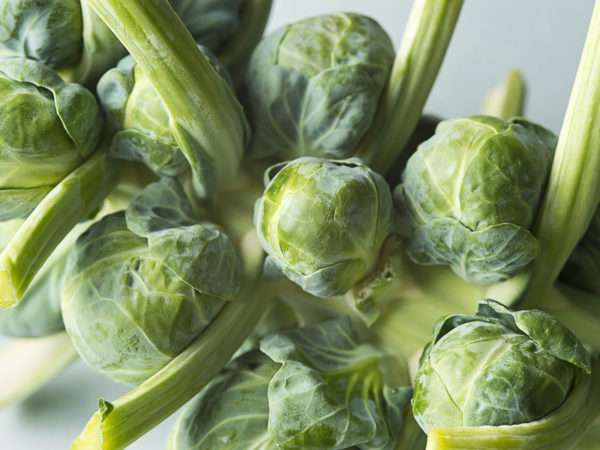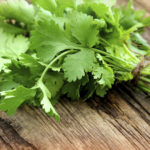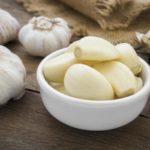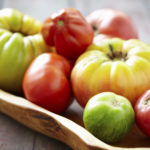Brussels Sprouts Get No Respect

In the folklore of the dinner table, no vegetable has been demonized more successfully than the Brussels sprout. This archetype of food-that-tastes-bad-to-kids has earned its place in foodlore rather rapidly. The Brussels sprout (Brassica oleracea Gemmifera group), once a regional crop grown near Brussels, Belgium, found its way into world markets only after World War I.
Though Brussels can taste similar to cabbage, their compact size seems to concentrate the flavors, giving them a pungent presence when cooked. This may explain why children contemplating mounds of aromatic sprouts may prefer being sent to their rooms without dessert rather than finishing dinner.
In the garden, it’s a different story. Brussels are neither a finicky nor a fussy plant to grow. As with almost all leafy green plants, they thrive in a dark, rich soil. As with all plants in the cabbage family, they prefer a somewhat alkaline environment. If your soil is acidic, which happens to soils in rainy areas where the water leaches away alkaline minerals, you’ll need to lime your garden beds.
Your local nursery will stock liming agents. Calcium carbonate is the safest, most cost effective form of lime to apply. Add it to the soil and work it into the root zone with a rake or hoe. Be aware that lime and manure can react together to form ammonia, which can harm plants. Care should be taken to add these two ingredients at different times.
Brussels should be given at least 18-inch spacing, and should be protected from the wind. I typically spray Bt (Bacillus thuringiensis) on all of our cabbage crops to control caterpillars, cabbage moths and their larvae. Bt is an organic pesticide common in organic agriculture. It is harmless to people and plants. It is non-persistent in the environment, breaking down in sunlight and water. Netting or fleece over your cabbages will also prevent the laying of moth eggs. Other pests may be a problem in your area. Consult a regional garden guide or the county master gardener for any problems your local nursery cannot solve.
There are certain steps necessary to grow a uniform crop of Brussels sprouts. Sprouts form above the point where the leaf joins the plant’s main stalk. When the sprouts are about a quarter of an inch in diameter, the small leaves at the top of the plant will need to be removed; I usually pinch them off by hand. This sends a signal to the plant to put energy into the sprouts rather than into growing taller. After the growing tip is removed, I give the plant a foliar feeding of a liquid high-nitrogen organic fertilizer. Generally, I use liquid kelp meal (fish emulsion works, but may taint the flavor of the crop and it smells terrible, so I avoid using it on any part of any plant I intend to eat). I allow the plant to absorb the nitrogen fertilizer and to rest for a couple days.
The next thing to do is to remove almost all the leaves from the bottom of the plant up, leaving only the top few leaves to collect sunlight. They can be carefully plucked or trimmed. Your beautiful and lush plants will miraculously transform into bumpy stalks. Do not fret. Over the course of the next months the tiny sprouts will mature into the familiar little cabbages you once avoided. If you’re successful, the stalk can be harvested by severing the base; then you can show off the plant to all the neighbors.
High in fiber, Brussels sprouts are wonderful for the digestive tract and lowering the risk of colon cancer. They are high in folic acid, vitamin C, vitamin K and beta-carotene, and contain vitamin B6, thiamin and potassium. Eat them as fresh as possible to get maximum taste and nutrition, but if you grow too many they can be blanched and kept in your freezer.
Still, frankly, this particular vegetable will never be among my favorites. I remember being presented with a plate of frozen-then-boiled, mushy Brussels sprouts as a child, and am still somewhat scarred by the experience. If you, too, are haunted by such visions, I recommend slightly sautéing fresh sprouts will some walnuts, then lightly dusting them with Parmesan cheese. With luck, it may remove the curse.
By Jace Mortensen, Guest Commentator – DrWeil.com News
Photos by Tamarack Little












